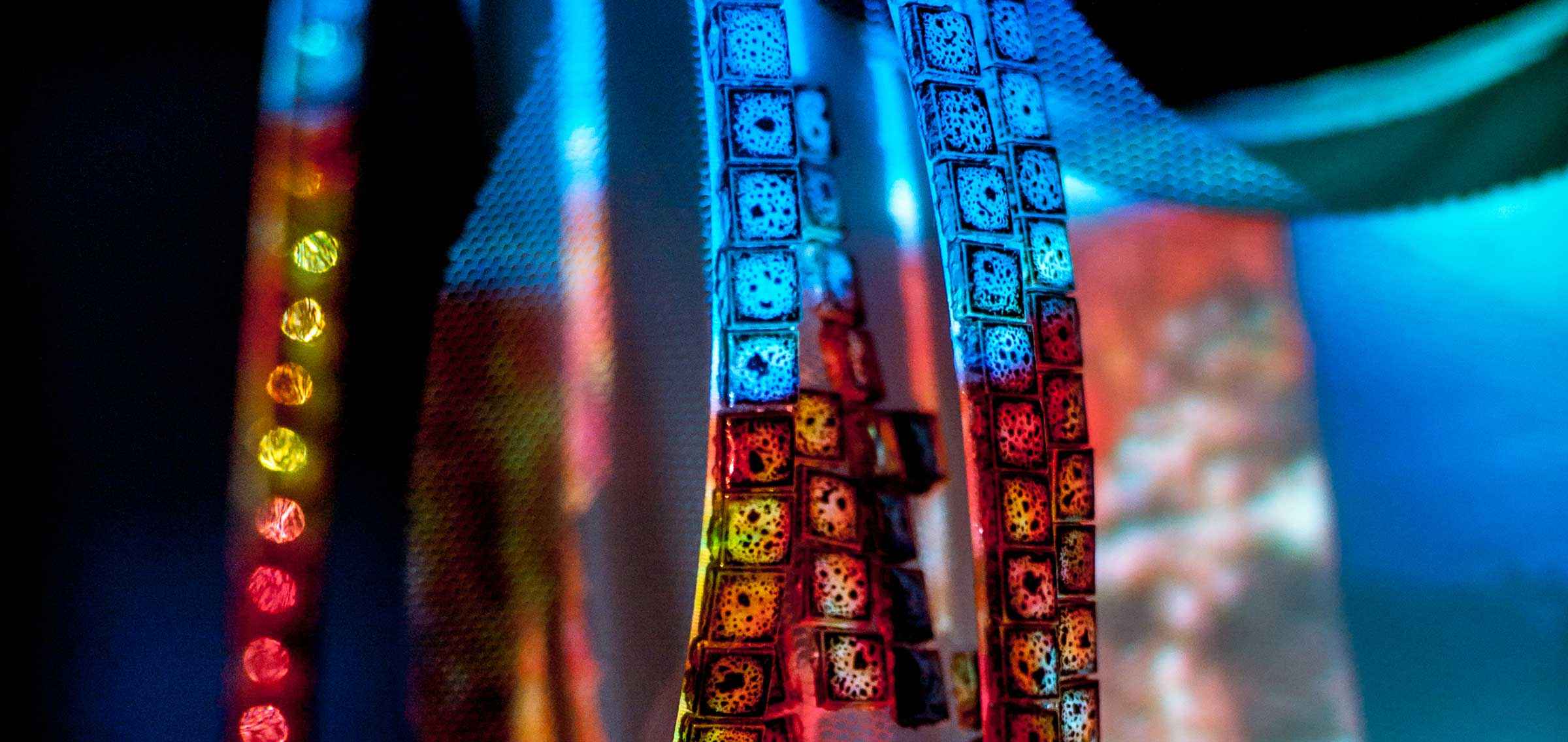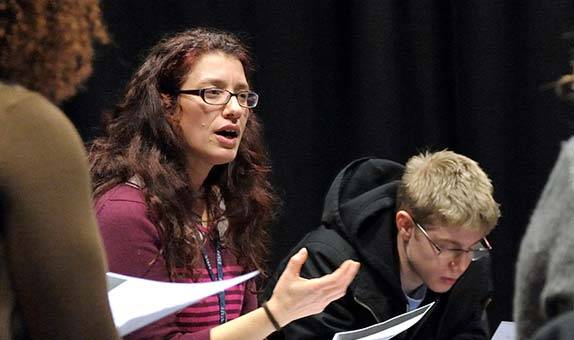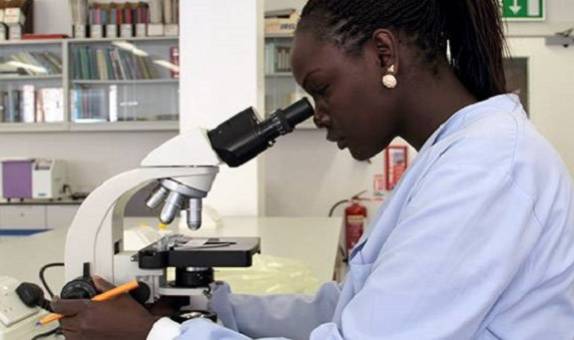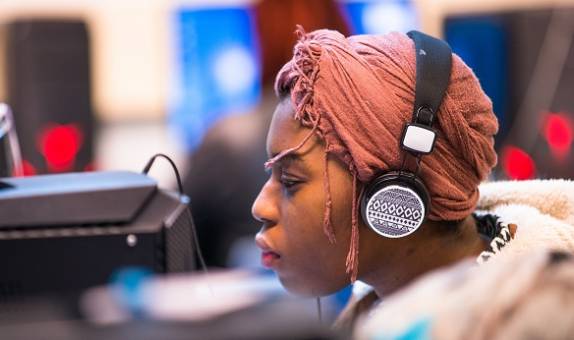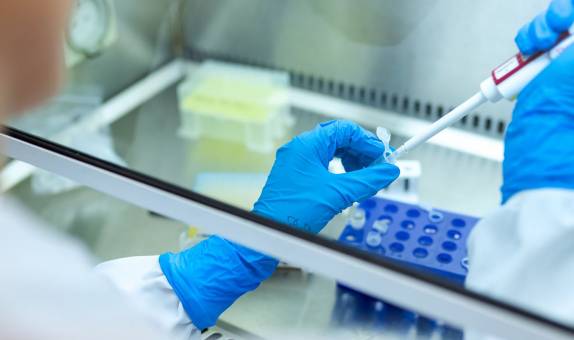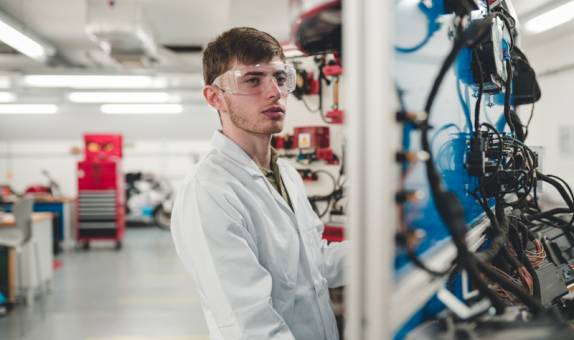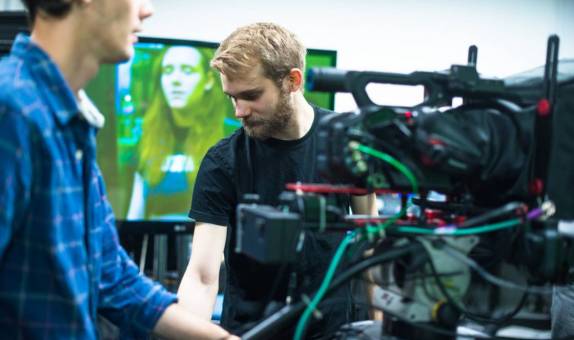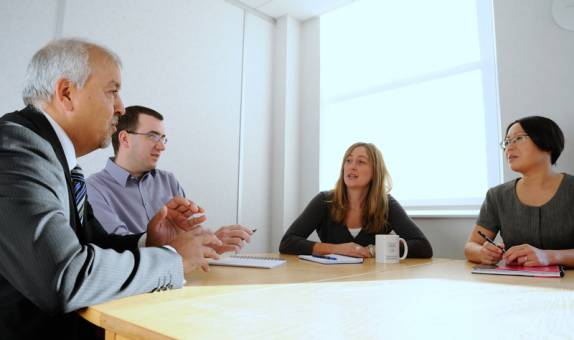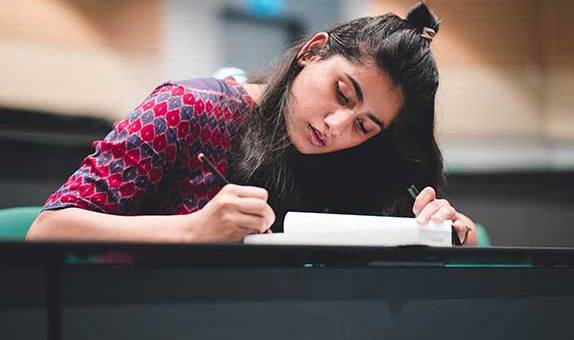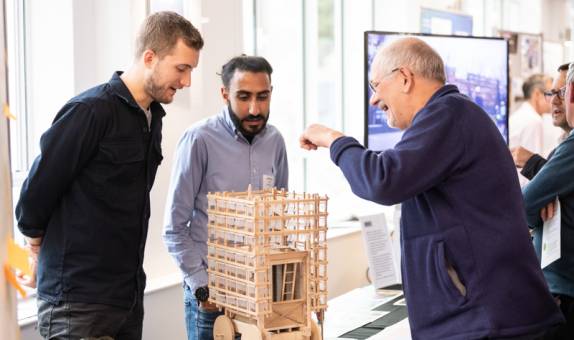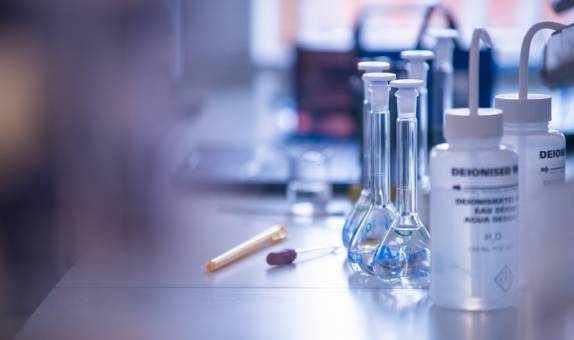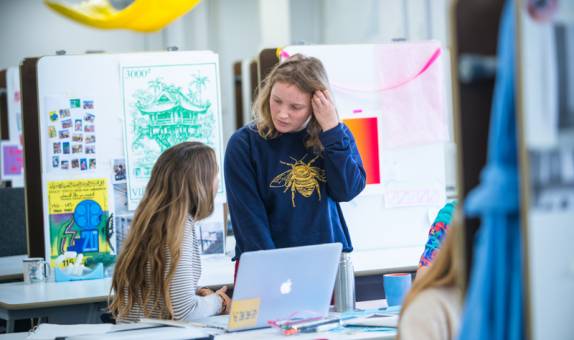Preserving tangible and intangible legacies of nuclear cultural heritage
Research into nuclear cultural heritage conducted at Kingston University has improved the identification and preservation of heritage in nuclear decommissioning processes. It has informed creative practice and cultural diplomacy around nuclear power.
During the Cold War, governments from the Western Bloc and Soviet Bloc engaged in knowledge transfer and collaboration to manage global and international problems. Despite political tensions, governments collaborated through specially-established international organisations such as the International Institute of Applied Systems Analysis (IIASA) in Austria.
Dr Egle Rindzeviciute's research into the history of the IIASA revealed the importance of science and technology to facilitate international links in the context of adverse political relations, tracing and analysing central shifts in global governance. She has worked towards developing the concept of nuclear cultural heritage as a means to reinterpret the politics of the past and to equip nuclear nations with an understanding of present challenges.
Dr Rindzeviciute has researched nuclear expositions and archives at sites in Moscow, Obninsk, Murmansk and St Petersburg.
She has also interviewed with representatives of ROSATOM (the Russian state nuclear energy corporation), the UK's Nuclear Decommissioning Authority (NDA) and expert groups. She has found that nuclear cultural heritage can make the nuclear decommissioning process more robust by informing policies and practices of documentation and archiving.
The preservation of local and international nuclear cultural heritage is also important for the interpretation of the complex legacies of regional nuclear powers, such as the Soviet legacy in Lithuania. To address this, in 2018 Dr Rindzeviciute set up and led the international network Nuclear Cultural Heritage: From Knowledge to Practice. The workshops facilitated by this network led to increased public attention to the Ignalina nuclear power plant in Visaginas, Lithuania, which, at the time of its decommissioning, bolstered plans for a museum to preserve the town's intangible cultural heritage connected to its nuclear past. In the UK, Dr Rindzeviciute's work has influenced NDA's policies and informed the development of NDA's guidelines for safeguarding the UK civil nuclear cultural heritage in sites like Sellafield and Dounreay. This has helped attract a diverse audience to those sites.
Dr Rindzeviciute's insights into nuclear cultural heritage as an intersection of technical, cultural and environmental governance have also influenced curatorial practice and cultural diplomacy, particularly concerning the Baltic states. She collaborated with the curators of nuclear cultural heritage exhibits displayed at Venice Biennale's Baltic Pavilion (2016, 2018) and at the Royal Institute of British Architects and the Architectural Association's exhibition The Baltic Material Assemblies (2018) in London. She also inspired the curation of an exhibition titled Splitting the Atom (2020), funded by the Lithuanian Cultural Council.
Contact us
- For non-student research enquiries, email the Research Office
- For research impact and REF enquiries, email the REF and Impact Team.
- Research contacts
- How to get to Kingston University
